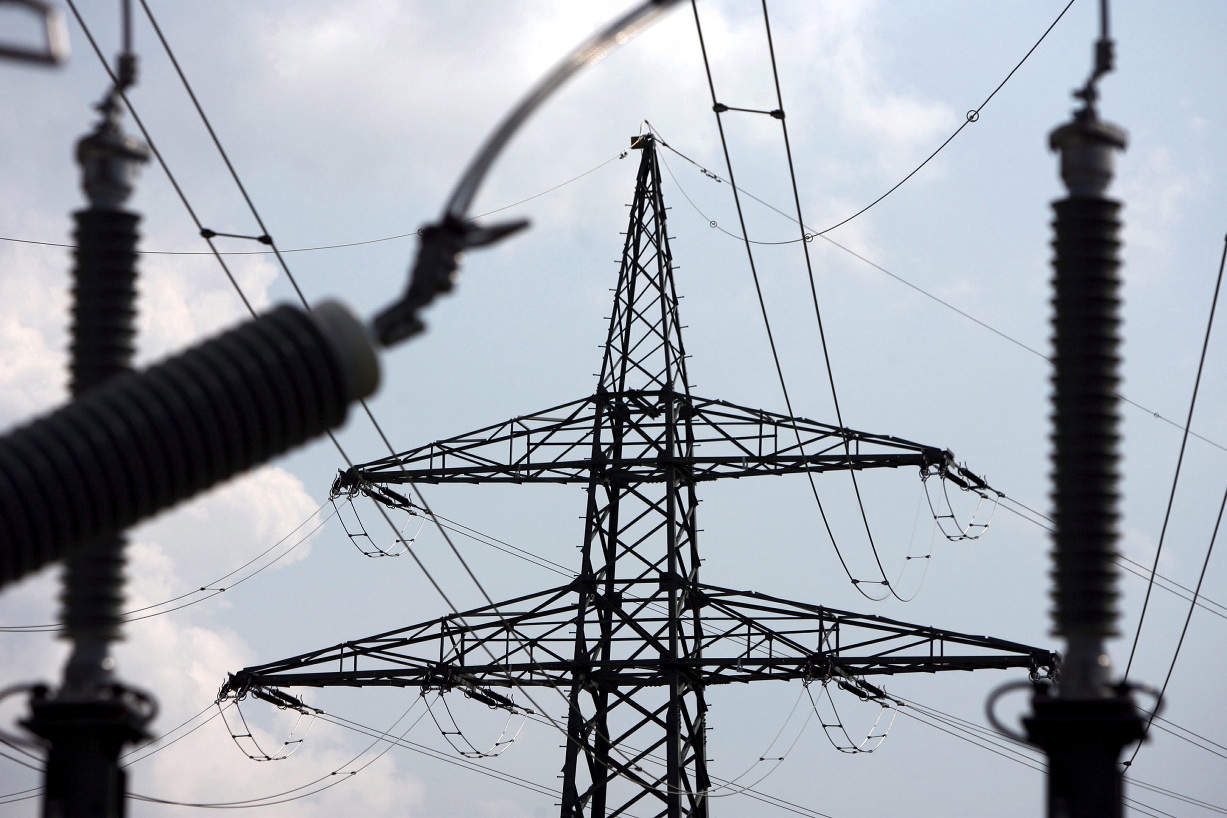CAIRO: Recognizing North Africa as a thriving market of untapped opportunity, and one of the recent success stories within global trade, the third annual Exporta North Africa Trade and Investment Conference kicked off on Wednesday.
Participants discussed the potential of integrating North Africa into global trade flows, with a focus particularly in terms of non-OECD (south-south) trade.
Through the conference, Exporta aims to maximize inward investment into the region which has growing exponentially following a series of reforms by governments.
In his keynote speech, Denys Denya, executive vice president of administrative and banking services of Afreximbank, said that North Africa is one of the faster growing economic regions in the continent and the largest contributor to Africa’s total trade, comprising 58 percent of the continent’s total exports.
“Of the seven leading trade nations, four are in North Africa including Egypt,” said Denya.
Denya cited the vast oil wealth, recent reforms and liberalization as well as the “opening up” of economies in North Africa as major player in increasing trade. Nevertheless, he said, North African countries are over-dependant on oil exports, which is a problem with the high volatility of oil prices.
He called on North African economies to diversify their exports to reduce vulnerability in their economies and minimize unwanted fluctuations.
“Stability in exports will result in stable foreign exchange making companies able to buy much needed capital equipment to increase exports further. This enhances the strength of the country’s currency and insures a stable exchange rate,” he said.
“Investments in infrastructure and ICIT, a sector where the region is falling way behind other emerging countries, in particular, are needed to insure competitiveness since the success of export strategies depends on the capacity of national exporters to compete in international markets,” he added.
Denya stressed the importance of political stability and an enabling macroeconomic environment with stable exchange rates, interest rates
“North Africa’s trade is still mainly directed to the US or EU, but many African nations are also forging strategic partnerships with China and India, these need to be deepened to improve access to North African business, external finance and market liquidity.”
Finally, Denya concluded that there is significant potential in the promotion of sub-regional trade. “Despite the opportunities, North Africa does not take advantage of intra-regional trade which is currently less than 5 percent of the trade total of these countries,” he said.
Challenges ahead
Shifting to talk about the main challenges facing Egyptian trade businesses in Africa, Hamed Hassouna, chief regional representative of Union de Banques Arabes Et Francaises (UBAF) said that the main concerns for Egyptian banks is that there is not enough information about African markets such as country risk assessments.
“We will not able to further develop trade with Africa unless we know more about the markets, and one of the major facilities that I think is not being used to its full capacity is the African Import Export Bank Afreximbank,” he said.
The bank mainly facilitates business among African banks, claiming to put them at near equal footing with other exporters to Africa allowing them to ship goods on deferred payment terms and providing them with liquidity to continue the exporting process.
“If you take Egypt for example, which is considered a major manufacturing base that is unique in Africa: to ship goods from Nigeria to Cairo is 10 times more expensive than to ship goods from China to Cairo,” said Mohsen Rashad, head of financial institutions and correspondent banking at the Arab African International Bank, commenting on the lack of infrastructure and intercontinental transportation facilities.
Hassan Ghanem, senior general manager and deputy head of corporate banking at BNP Paribas Egypt, said that the corporate banking sector, when dealing with trade financing, have to be more innovative, providing clients with products that help and facilitate their trade businesses.
“Being a multinational bank helps as we have branches in more than 85 countries and we use a trade center model. We have trade centers around 55 countries which promote the trade businesses between clients in different nations in our banking network,” said Ghanem.
“If you have a client in our bank in China wanting to export to Egypt, I simply get an email from the China branch and the client is transferred to the Egypt branch, this becomes theoretically an internal process, streamlining it and saving time for the client while being cost-efficient and reducing risk,” he added.
BNP Paribas Egypt, through its international trade centers in Cairo and Alexandria, provide services to import and export companies by increasing client awareness and updating them about latest developments, continuous growth and evolving needs in the Egyptian market.
“The trade facilitation products make it easier for trade businesses in particularly Africa and unexplored markets because we have branches there and we have more access to banking relevant information which is one of the major problems facing local banks, highlighted in the conference,” he concluded.



